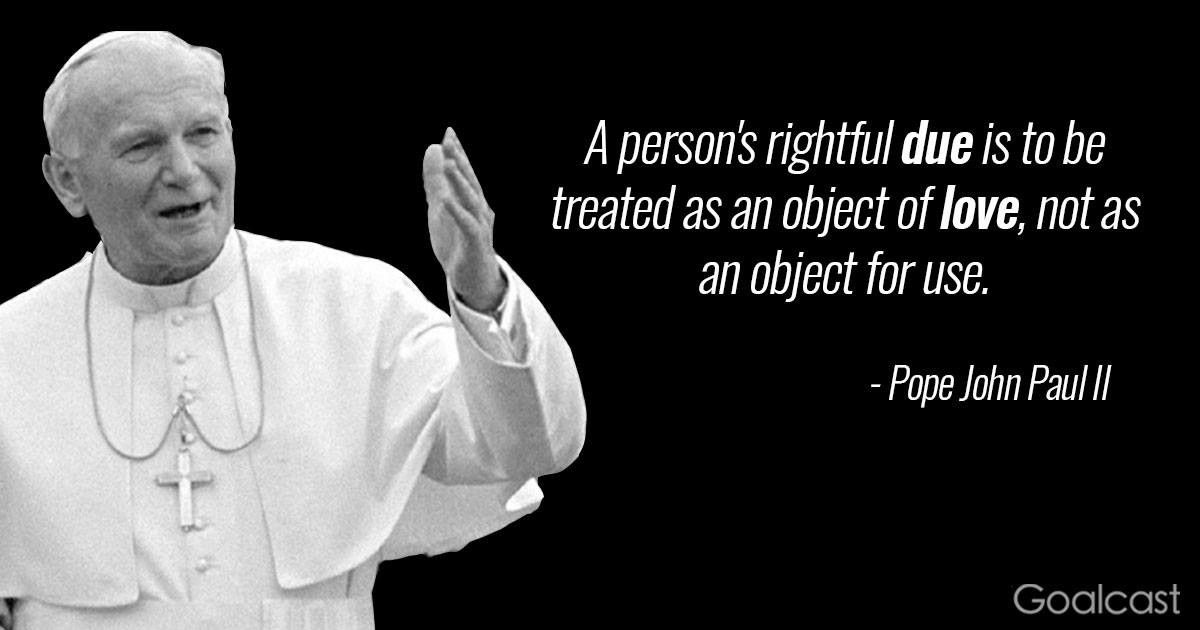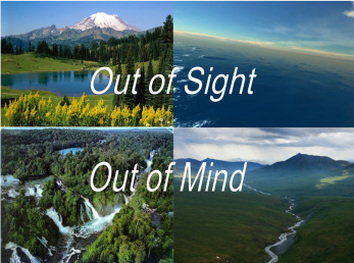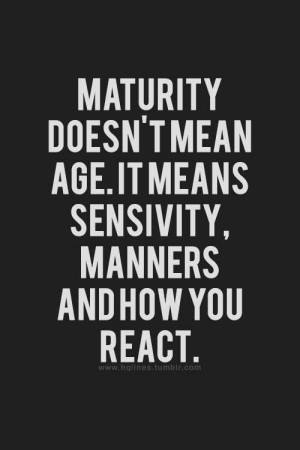In the Scriptures, the elderly with age grow closer to God in their wisdom and holiness and worthy of respect. However, the times we are in are more concerned about the material than human qualities. How do we look upon the elderly?
This is also true in the way we see labor. In the encyclical Through Labor, Pope John Paul II writes that labor should be helping humanity to live a more human life but we see that often it is dehumanizing. The older workers are experiencing alienation and depreciation.
The education programs for the elderly have many names and for a time they were called college programs for the elderly but recently they prefer to hide the word elderly. The elderly don't experience easily the dignity that should come with old age no matter the words used in society.
With age, something is gained and something is lost. The memory and focusing weaken but the experience and understanding increase. The strength of the body and activity decreases but judgment and mental balance can increase but this is determined by the efforts made by the elderly.
The media continues to describe the crises of aging in society and the elderly find it difficult to cast off the feeling of uselessness. The material value system where consuming and production is measured leaves the elderly alienated; when they retire their self-worth takes a serious blow. Statistics show that the suicide of the elderly over 65 is one and half times more than the average and three and half times more than women the same age. Is this not the loss of self-worth that comes with retirement.
The encyclical looks first objectively at the meaning of labor. The development of technology brought a big change in labor. Precision instruments and automation and the like took away the initiative from the worker. Artificial intelligence is the direction we see society going. Will this liberate humanity from labor? What will happen?
The subjective meaning of labor in the encyclical goes over to the study of the subject of labor. It is not what labor can do but the individual laborer who should be valued. Labor is for the person and not the other way around.
The value of the person is absolute, however, our society is going in the opposite direction. OECD reports that Korea has the highest number of suicides, the lowest number of births, and the most deaths from occupational accidents. The number of non-regular workers and the failure to make the workplace safer is all to keep the expenses low but with a price that is paid by the workers.
The twilight years should be peaceful, the last phase of life is a time to meditate on the meaning of life and put everything in order. A right and duty of the person and the duty of society to guarantee this.
He gives us another statistic from the OECD which showed that those over the age of 65, 45,7 % are living in poverty, A percentage the highest of all the developed countries and by a 12 percent margin. This also means that emotional problems are found often in this age group, Many are forced to take jobs that are not fit for the aged and do damage to one's sense of dignity. If they work it should not do harm to their self-worth.
The old are not special members of society. This is the future of all. When the elders in society are not happy none of us will be truly happy. The gospel speaks about the universality of love. This will be realized when the weakest will be respected and cared for.



